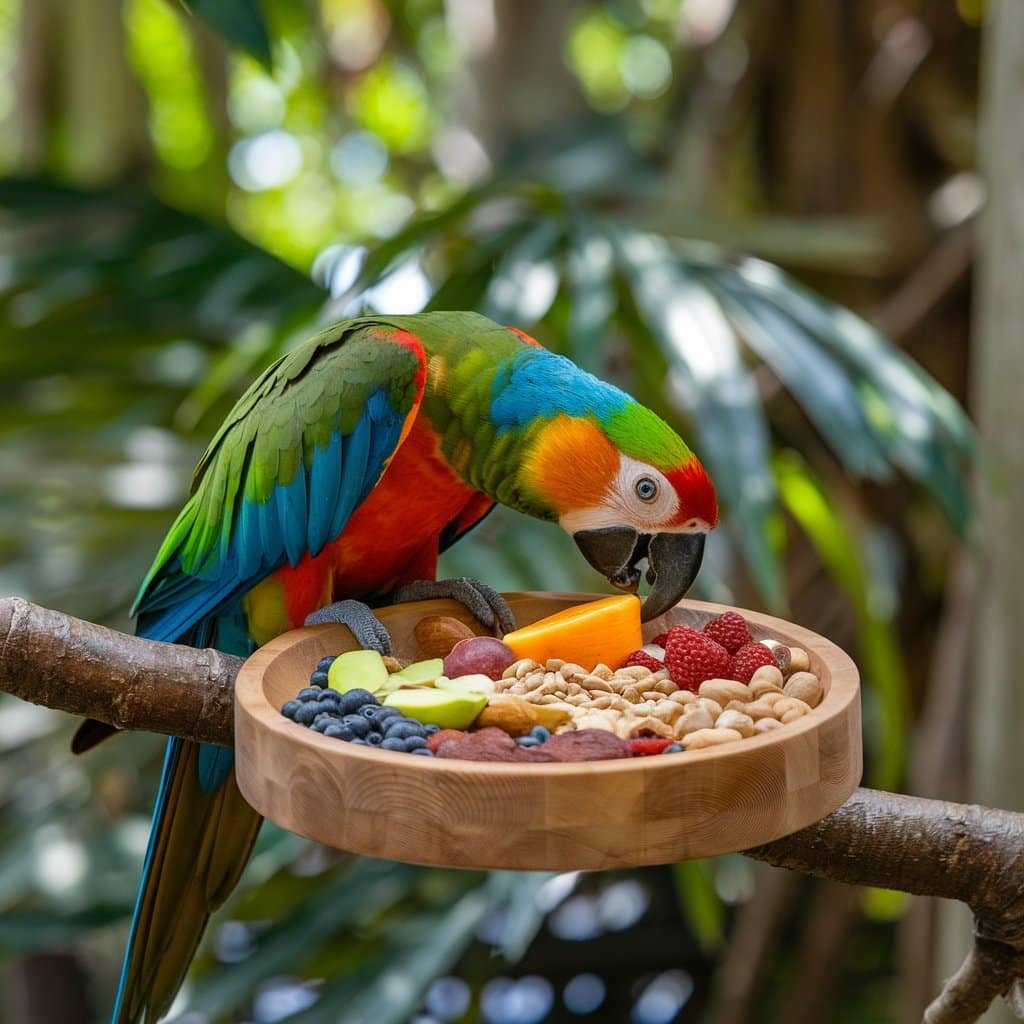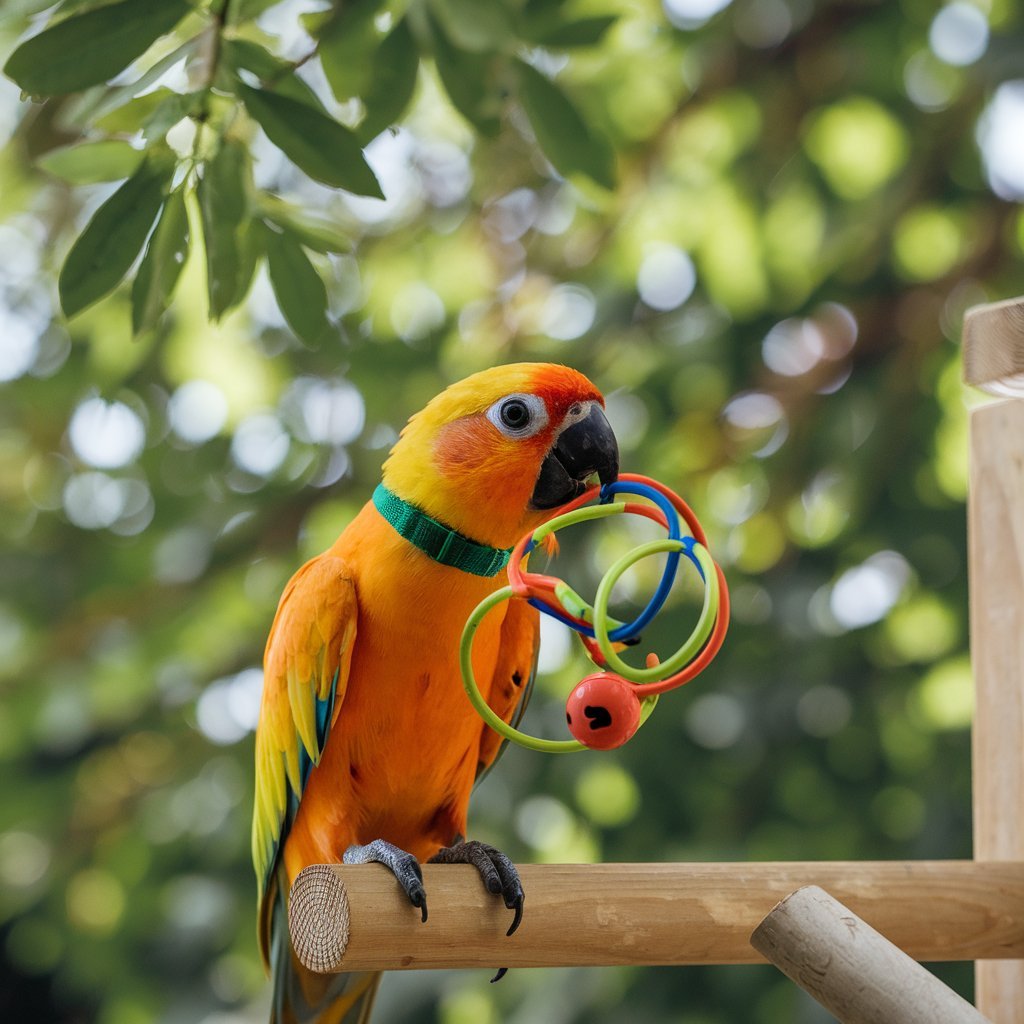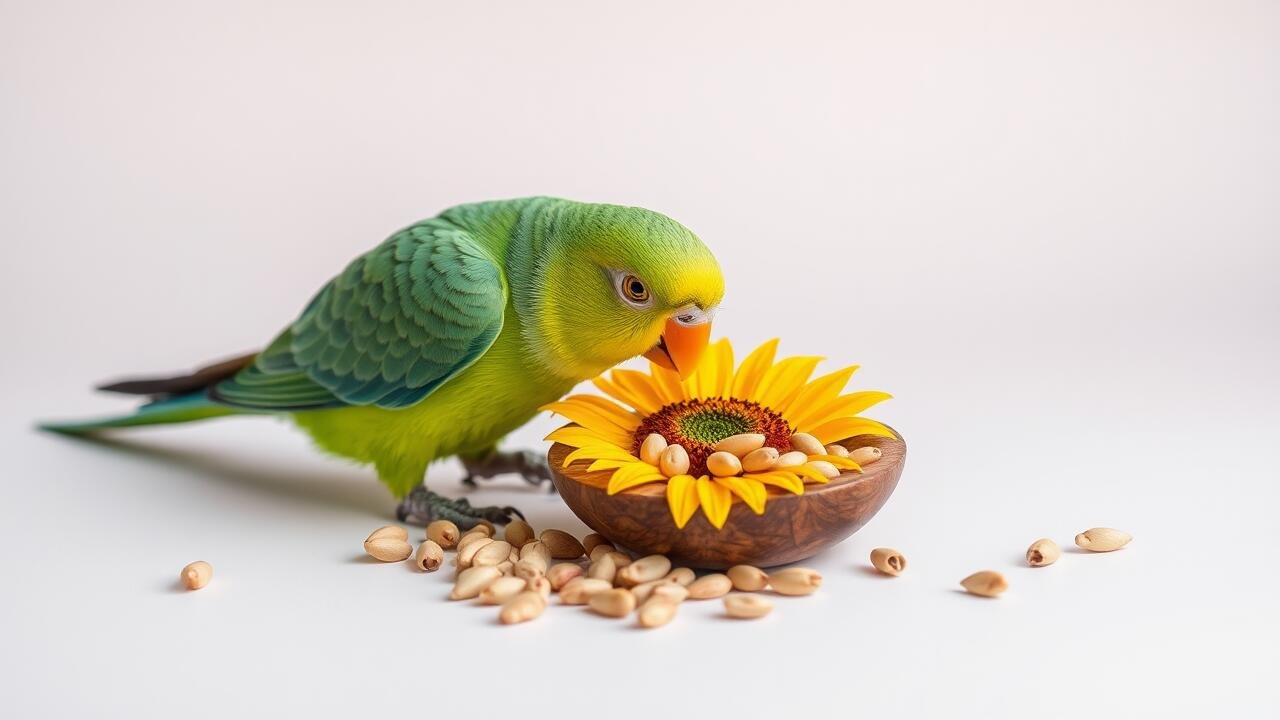Creating a Balanced Diet Plan
What is the best diet for pet birds? A balanced diet for pet birds is essential to their overall health and well-being. It should include a variety of food types to ensure that all nutritional needs are met. Seeds alone are insufficient for a complete diet, as they often lack critical vitamins and minerals. Incorporating fresh fruits, vegetables, and high-quality pellets can provide a diverse range of nutrients that contribute to a bird’s vitality.
It is important to consider the specific dietary requirements of different species when planning their meals. Birds like parrots may thrive on a higher fat diet, while finches and canaries might require lower-fat options. Adjusting portion sizes and food choices based on your bird’s age, activity level, and health status also plays a crucial role in maintaining their optimum health. Regular consultation with a veterinarian can help in creating and adjusting the diet according to your pet bird’s needs.
Here is a super informative post that goes into more detail.
Tips for Meal Planning for Your Bird
When planning meals for your bird, it is essential to incorporate a variety of foods to ensure they receive all necessary nutrients. Fresh fruits and vegetables should form a significant part of their diet, alongside high-quality pellets specially formulated for birds. Avoid giving too many seeds, as they are often high in fat and can lead to obesity. Regularly rotating food options can also keep mealtimes interesting, preventing boredom and encouraging your bird to try new things.
Monitoring portion sizes is crucial to maintaining your bird’s health. Overfeeding can result in weight issues, while underfeeding may lead to nutritional deficiencies. Offering smaller, frequent meals throughout the day is often more beneficial than one or two large feedings. Additionally, consider your bird’s unique preferences and dietary needs when selecting foods. This individualized approach will support their well-being and foster a stronger bond between you and your pet.
Hydration
Maintaining proper hydration is crucial for your pet bird’s overall health. Fresh, clean water should always be available to ensure they can drink whenever they need. Birds can be particularly sensitive to dehydration, especially during hot weather or if they are ill. Regularly checking the water supply and changing it daily helps to encourage drinking and prevent bacteria growth.
Using a shallow dish or a water bottle can facilitate access to water. Some birds may prefer one method over the other, so observation is key. Additionally, it’s important to monitor various factors affecting water intake, such as diet and environmental conditions. Offering moist foods, like fresh fruits and vegetables, can also contribute to hydration, providing your bird with a more balanced approach to its fluid requirements.
Understanding Your Bird’s Water Needs
Proper hydration is crucial for the overall health and well-being of pet birds. Different species have varying water needs, influenced by factors such as size, diet, and activity level. Birds that consume a diet high in fresh fruits and vegetables may require less water from their drinking source, as these foods contain significant moisture. Conversely, birds that eat primarily dry pellets or seeds will depend more heavily on fresh, clean water.
It is essential to provide access to fresh water daily and monitor consumption to ensure they are drinking enough. Water vessels should be cleaned regularly to prevent bacterial growth. Additionally, consider the temperature and the bird’s environment, as extreme weather can influence hydration needs. Observing behaviors such as increased thirst or decreased activity can also give insights into whether a bird is getting adequate hydration.
Feeding Different Species of Birds
Different species of birds have unique nutritional needs that depend on their natural diets. Parrots, for instance, require a varied diet that includes fruits, vegetables, nuts, and specially formulated pellets. These elements provide essential vitamins and minerals. Canaries thrive on a diet primarily consisting of seeds, supplemented with greens and fruits to ensure they receive sufficient nutrients. Their diet should avoid high-fat seeds to prevent obesity.
Budgies typically enjoy a mix of seeds but also need access to fresh vegetables and occasional fruit. This variety helps to maintain their health and promotes a vibrant plumage. Offering a balanced mixture tailored to each bird’s individual preferences is crucial for their overall wellbeing. Understanding these needs allows pet owners to create meal plans that enhance the quality of life for their feathered companions.
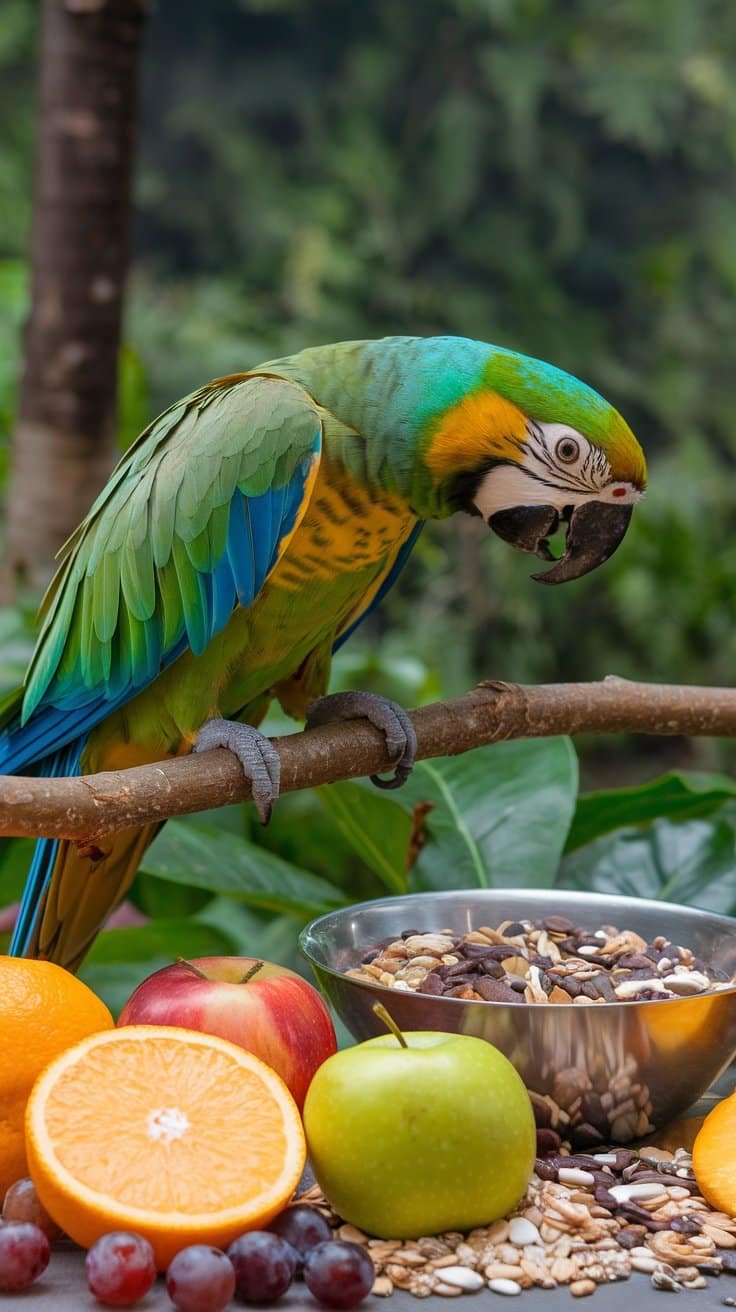
Tailoring Diets for Parrots, Canaries, and Budgies
Different species of pet birds have specific dietary requirements that should be met to maintain their health. Parrots benefit from a varied diet that includes pellets, fresh fruits, and vegetables, balanced to prevent obesity and nutritional deficiencies. These vibrant birds enjoy a mix of nuts and seeds, but caregivers should monitor portion sizes to ensure they do not overindulge. Providing a rich selection of food not only promotes health but also encourages natural foraging behavior.
Canaries thrive on a seed-based diet, enriched with fresh greens and occasional fruits to enhance their nutritional intake. Budgies require a similar approach, yet they also benefit from a range of pellets designed specifically for their dietary needs. It is essential to avoid foods high in fat or sugar, as they can lead to health issues in these smaller species. Regularly changing their diet can help keep them interested and engaged, supporting both their physical and mental well-being.
FAQS
What are the essential components of a balanced diet for pet birds?
A balanced diet for pet birds typically includes a mix of high-quality pellets, fresh fruits and vegetables, seeds, and nuts. It’s important to choose foods that are appropriate for your bird’s species and to ensure they receive a variety of nutrients.
How often should I feed my pet bird?
The feeding frequency can vary based on the species of your bird. Generally, birds should have access to fresh food daily, while seeds and pellets can be offered in measured amounts throughout the day. Consult a veterinarian for specific recommendations based on your bird’s needs.
How can I tell if my bird is dehydrated?
Signs of dehydration in birds can include lethargy, dry feathers, sunken eyes, and decreased droppings. If you suspect your bird is dehydrated, it’s important to provide fresh water immediately and consult a veterinarian.
Are there specific dietary requirements for different species of birds?
Yes, different species of birds have unique dietary needs. For instance, parrots may require a diet rich in fruits and vegetables, while canaries thrive on seeds and greens. Tailoring their diet to their species is crucial for their health and well-being.
Can I give my bird table scraps or human food?
While some human foods can be safe for birds, many are not. Foods like avocados, chocolate, and caffeine are toxic to birds. It’s best to consult a veterinarian and only offer bird-safe fruits, vegetables, and grains as treats in moderation.
Related Links
The Ultimate Guide to Caring for Your Pet Bird: Health, Diet, and Enrichment
How to keep your pet bird healthy?
How to take care of a pet bird for beginners?
What is good enrichment for birds?
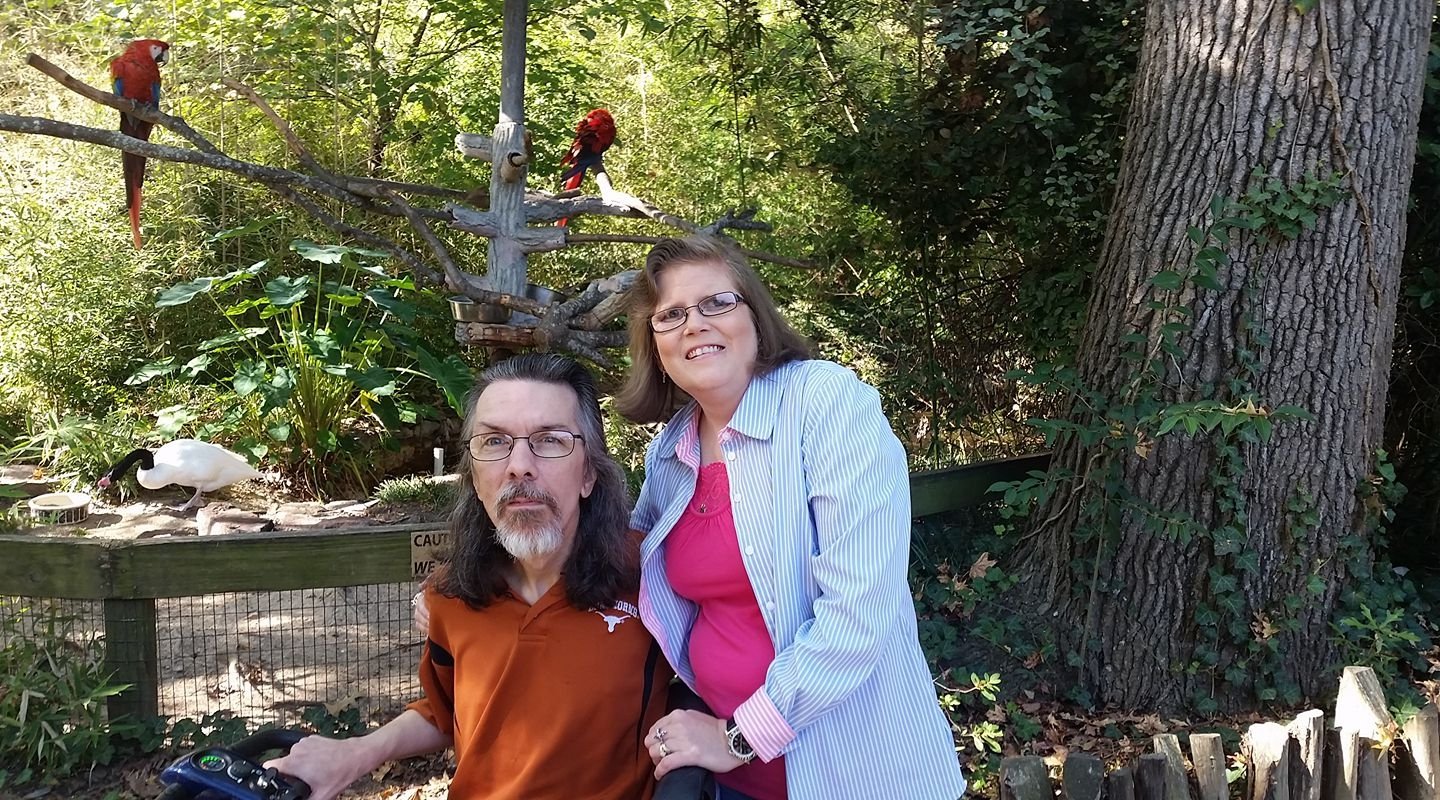
My name is Shane Warren, the author behind Chirping Birds Hub – your ultimate guide to the wonderful world of birds! Unleash your inner avian explorer as we delve into a vibrant library of knowledge dedicated to all things feathered. From learning about diverse bird species from across the globe to understanding their captivating habitats and behaviors, I’m here to fuel your passion for these magnificent creatures. Not only that, but I also provide valuable insights on being a responsible and informed pet bird owner. Join our vibrant community and let’s celebrate the feathered wonders of the world together – one chirp at a time.
